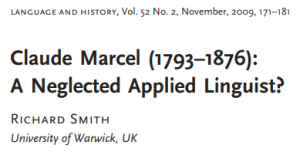Students and teachers support each other – When schools moved to virtual learning because of the coronavirus pandemic, there was growing concern over how English as a second language students would adapt. “I was a little worried,” East High School ESL Teacher Catalina Thompson said. “How do we keep the momentum going?” One student found it so challenging at first, he wasn’t doing his homework.

“I didn’t call nobody,” East High School Student Salim Ceesay said. “If I didn’t understand it, I just leave it like that. “
It was math that Salim was struggling with, and Thompson went out of her comfort zone to help.
“I called him and I said I’m not a math teacher, but I think we can go through this together,” Thompson said. ” I’m learning math at the same time with you.”
“Now I’m doing all of it and it’s kind of getting easy for me,” Ceesay said.
It’s the one-on-one conferences each week and the extra effort East High School ESL teachers are putting forward that is making a difference.
“It’s kind of like teaching two curriculums, two sets of lesson plans for each because you want to make sure that you meet their needs,” East High School ESL Teacher Mary Choua Thao said.
Learn more about this topic by reading in on WKOW.
After reading “Students and teachers support each other”, you can check important issues for ESL teachers on the section PDFs. And visit my channel by YouTube.






